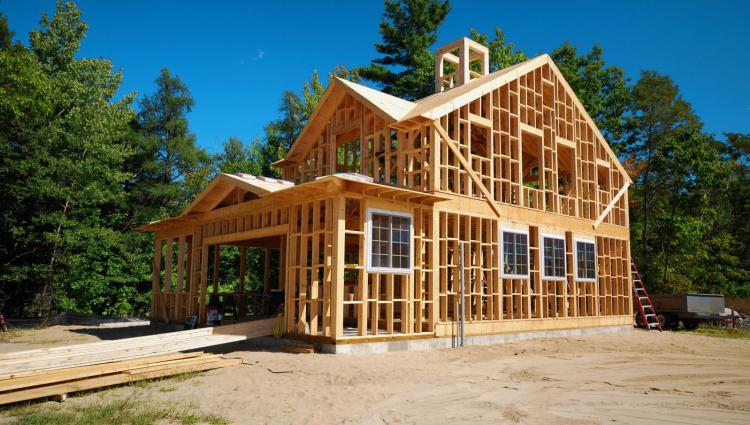There is a housing crisis in Rhode Island, and the number of Rhode Islanders experiencing homelessness has increased since the start of the pandemic. Skyrocketing costs for existing housing and decades of insufficient production of affordable housing has resulted in the virtual nonexistence of apartments leasing for less than $800 per month. Inadequate income to afford quality, stable housing is a trauma impacting too many working families and individuals with disabilities, including those experiencing behavioral health illness.
Despite these headwinds, we know that Rhode Island can end homelessness.
That’s not an outlandish or even a bold statement. It’s a matter of fact. Making homelessness a rare, brief, and non-recurring experience in Rhode Island is an attainable reality, but it will require state leaders and many housing advocates to rethink their approach and show the political maturity to delay gratification a bit beyond the next election cycle.
We need our policy makers and executive leaders to protect important funding to provide emergency shelter when necessary. But that alone is not enough.
As encouraging as it is to see the McKee administration prioritizing housing, the Governor’s original budget proposal doesn’t do enough to fully address the crisis. Housing experts agree that we need a $500 million investment with a focus on diversion, development, and production. Unfortunately, the administration’s budget proposal includes no additional funding for proven diversion programs that prevent homelessness and woefully under-invests in the production of housing for low-income households. Those kinds of investments are essential to avoid a future crisis like the one we face today. These concerns are compounded by the fact that the state has been slow to extend funding for hotel vouchers that can be used to provide temporary shelter for Rhode Islanders while we build permanent housing.
We already have adequate infrastructure to provide emergency shelter, especially if we make emergency resources available to utilize hotels and motels that are still under capacity and invest in proven diversion efforts that minimize the need for shelter in the first place. What we lack is an adequate inventory of affordable housing and rental vouchers to help our extremely low-income neighbors cover rent. Instead of overbuilding shelter facilities to address a temporary crisis, we must invest in the production of new affordable housing, which is exactly what Crossroads Rhode Island and ONE Neighborhood Builders are doing.
Crossroads recently secured unanimous approval from the Providence City Plan Commission for a new apartment building on Summer Street that will provide modern apartments for men and women who currently live in single-occupancy rooms in the familiar Crossroads Tower on Broad Street. This development will provide flexibility so Crossroads can launch a revitalization of the tower and convert the antiquated rooms into new private apartments. That’s not the only development underway. Earlier this year, Crossroads broke ground on a conversion of the former Warwick Family Shelter into a complex of 2- and 3-bedroom family apartments.
ONE Neighborhood Builders is currently working on the development of a housing development that is among the first of its kind in Rhode Island. The Avenue will be a new 39-unit apartment building that will provide an integrated community for Rhode Islanders who have experienced homelessness, low-income households, as well as moderate income households that can pay market-rate rents. The modern building will feature a fitness room, coffee shop, and patio. In addition, ONE Neighborhood Builders opened Delaine Street Apartments last month, which includes eight new apartments – two of which were reserved for Rhode Islanders who have experienced homelessness and the remaining six for low-income households.
Housing is the only proven solution for homelessness, but we can’t rely solely on market forces to develop housing for low-income Rhode Islanders and people experiencing homelessness. We need our leaders to direct ARPA and other federal dollars toward these kinds of developments so we can achieve our attainable but elusive goal of ending homelessness.
We can end homelessness as we know it, but we can only do it if we put our collective efforts toward building more low income and affordable housing.
Karen Santilli is the CEO of Crossroads Rhode Island. Jennifer Hawkins is the President and Executive Director of ONE Neighborhood Builders. Combined, their agencies have developed or manage nearly 1,000 affordable, permanent, homes for low-income Rhode Islanders.







